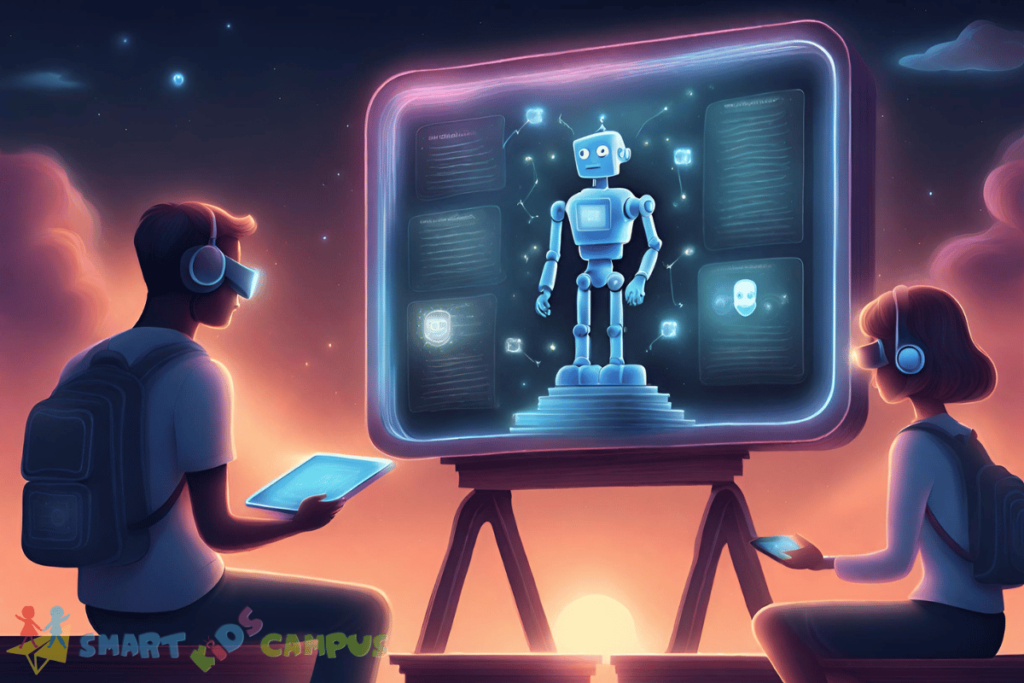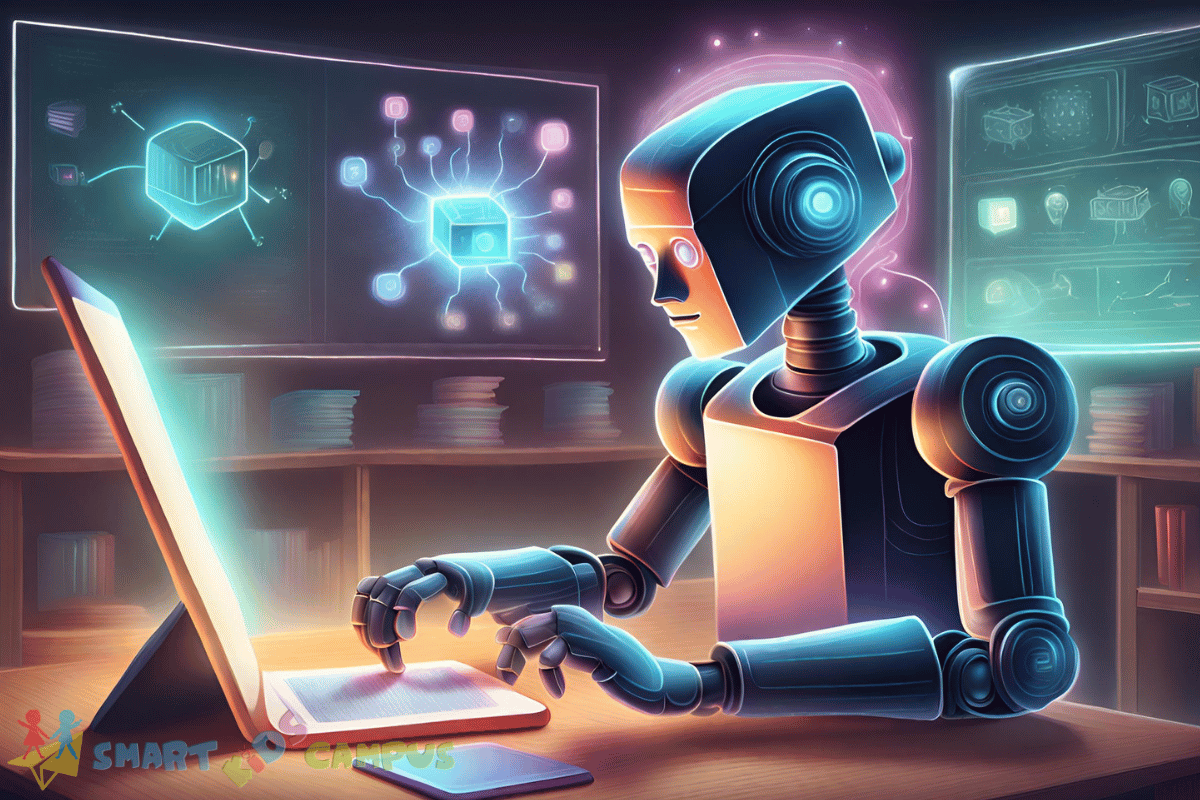Education has come a long way since the days of chalkboards and rote memorization. Over the decades, the landscape of learning for kids has transformed significantly, driven by technological advancements and a better understanding of pedagogy. As we stand on the cusp of a new era, characterized by the rise of artificial intelligence (AI), particularly Generative AI, it’s essential to reflect on the journey education has taken and speculate on the direction it might head in the coming years.
The Traditional Classroom
In the not-so-distant past, education primarily took place in traditional classrooms, with teachers relying on chalkboards and textbooks to impart knowledge. The one-size-fits-all approach dominated, leaving little room for personalized learning experiences. As society progressed, so did our understanding of child development, leading to the advent of more student-centric approaches.
The Digital Revolution
The introduction of computers marked a significant turning point in the evolution of education. The digital revolution brought interactive multimedia, educational software, and the internet into the classroom. This shift allowed for more dynamic and engaging lessons, fostering a collaborative and interactive learning environment. However, the challenge of individualized attention persisted.
Personalized Learning and Adaptive Technologies
The 21st century witnessed a surge in personalized learning initiatives and adaptive technologies. With the help of data analytics, educators gained insights into individual students’ strengths and weaknesses, enabling them to tailor instruction accordingly. Adaptive learning platforms and intelligent tutoring systems started to play a crucial role in addressing the diverse needs of students.
The Era of Artificial Intelligence
As we enter the era of artificial intelligence, the role of technology in education is undergoing a profound transformation. Generative AI, a subset of AI that involves machines creating content, is poised to revolutionize the way we teach and learn. Unlike traditional AI, which relies on predefined rules, Generative AI can generate new and original content, making it a powerful tool for educational applications.

The Role of Generative AI in Education
Generative AI has the potential to create personalized learning experiences on a scale never seen before. It can generate custom-tailored lessons, quizzes, and interactive simulations based on individual student needs and learning styles. Virtual tutors powered by Generative AI can provide real-time feedback, adapting their approach to ensure optimal understanding and retention.
Ethical Considerations and Challenges
While the integration of Generative AI in education holds great promise, it also raises ethical concerns and challenges. Issues such as data privacy, algorithmic bias, and the potential for over-reliance on technology must be carefully addressed to ensure a fair and inclusive educational landscape.
The Future of Education
As we look toward the future, the synergy between human educators and Generative AI is likely to define the next chapter in education. The classroom of tomorrow might be a dynamic and adaptive space, where AI-powered tools assist teachers in providing personalized learning experiences, fostering creativity, critical thinking, and problem-solving skills.
The evolution of education has been a fascinating journey, marked by constant innovation and adaptation to societal needs. With the advent of Generative AI, we are entering an era where education can be more personalized, engaging, and inclusive than ever before. Striking the right balance between the capabilities of AI and the human touch in education will be crucial to ensuring a bright and equitable future for our children.
